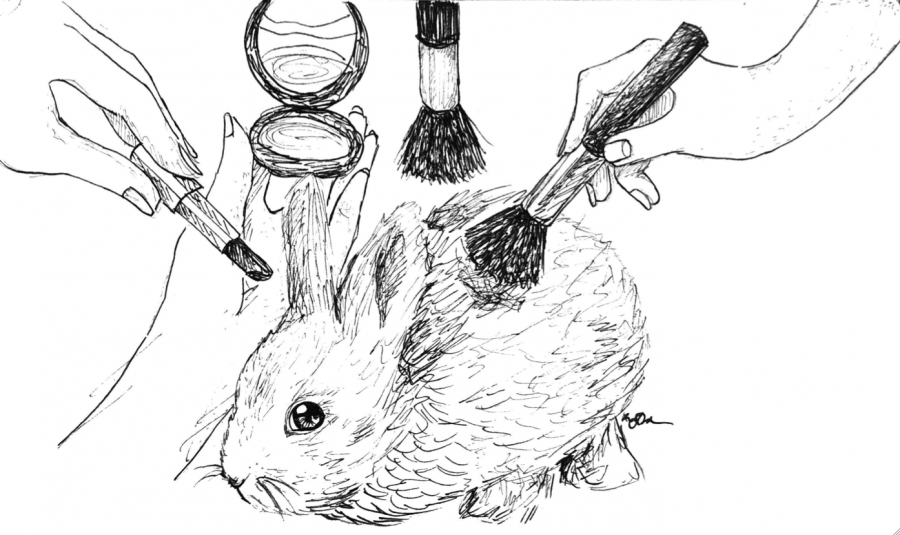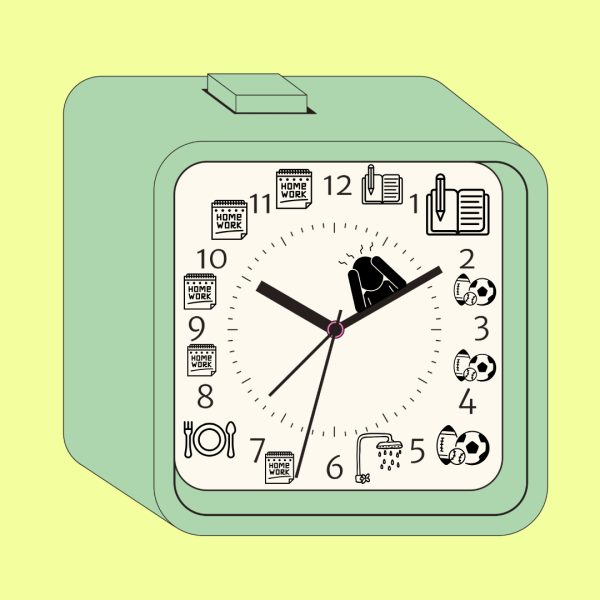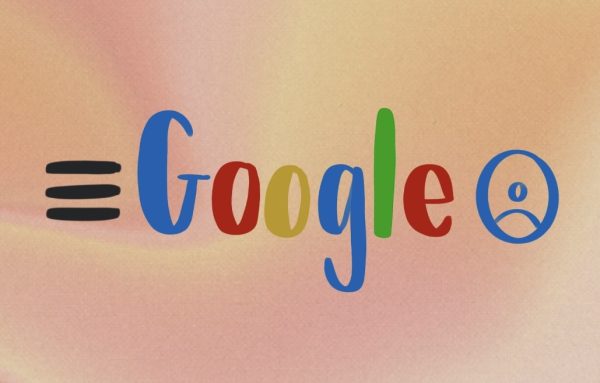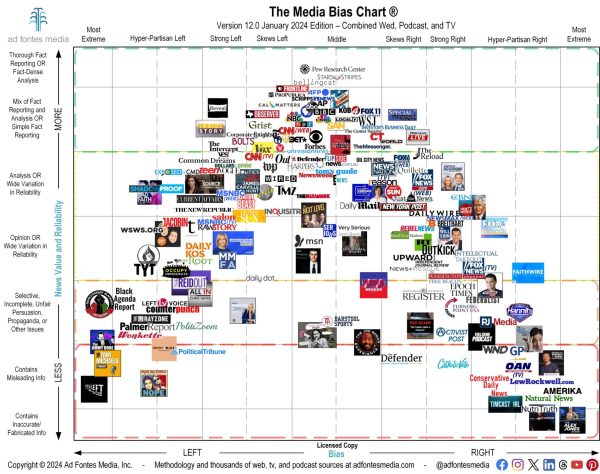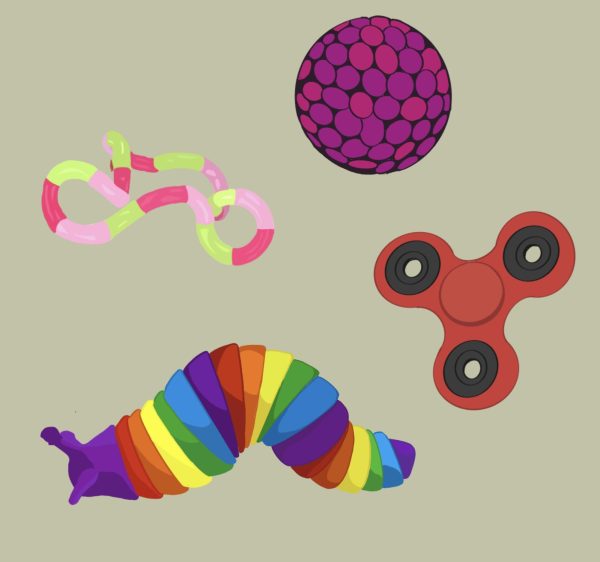All Cosmetic Brands Should Become Cruelty-Free
An estimated 100,000-200,000 animals suffer from or die due to cosmetic animal testing per year, according to Humane Society International. Researchers put chemicals and new ingredients in the eyes or on the skin of animals such as rabbits, mice, rats, guinea pigs and hamsters so that they can ensure if their products are safe for humans. Currently, the United States has no law that bans or restricts cosmetic animal testing; however, this type of testing should be banned, for there are other options in order to promote the well-being of all living creatures, humans and non-humans alike.
In recent years, popular brands such as Wet n Wild, Colourpop, Urban Decay and Anastasia Beverly Hills have committed to using non-animal test methods. They are able to do this because their ingredients have previously been tested safely; therefore, there is no necessity for animal tests. So why do more brands not use these methods? Typically, it is because they are using new ingredients that do not have any pre-existing tests. So why do they not use ingredients with preexisting tests? Well, they should.
In a day and age where scientific research is indisputably at an alltime high, there is no excuse for brands not to be cruelty-free, but furthermore, there is no excuse for customers to not stick to buying cruelty-free makeup. In past years, fewer brands were cruelty-free, so there were fewer options for high-quality products, but with so many affordable and high-end cruelty-free brands on the market now, consumers have limitless options of a wide variety of products that are both high quality and ethically made. One might argue that many popular and easily accessible drugstore brands like Maybelline, L’Oréal and Covergirl test on animals, but there are plenty of other affordable, cruelty-free options including the aforementioned Wet n Wild and Colourpop, but also brands like Physicians Formula, NYX, elf and Milani.
Deciding to go cruelty-free is not an easy decision for a consumer, and it may mean giving up some of his or her favorite products, but in the longterm, it is a worthwhile one because consumers are not only protesting brands that do not support ethical testing, but they are also supporting brands that are in favor of ensuring the safety for all.
The U.S. has no requirements for companies to test their products on animals, but at the same time, they do not have any ban on these unethical methods. As a country, taking an explicit stance—preferably of banning this type of testing—is essential to crack down on the lack of clarity in the cosmetic industry. The 28 countries in the European Union, Norway, Israel, Australia and India have banned animal testing within the past 20 years, according to One Green Planet, and the U.S. should be no exception.
On top of the tests’ immorality, humans also react differently to the chemicals being tested on animals; therefore, these tests are not an accurate representation of the products’ safety. According to One Green Planet, there is more than a 90 percent chance that a drug that was deemed safe through an animal test would be ineffective or unsafe for a human in a clinical trial. Obviously, humans and rats are very different species, so what is considered safe for humans may be dangerous for other animals and vice versa. With scientifically valid, non-animal tests becoming more and more readily available, there is no argument as to why animal testing is better than ethical testing.
Even if consumers are not necessarily invested in animal rights, there is another catch: taxpayers’ money is going towards animal testing, according to the White Coat Waste Project, with an estimated $15 billion annually, though there is no exact number. Taxpayers have no say in this use of money, so banning animal testing as soon as possible is even more pertinent. By banning animal testing, people are not only saving animals but saving tax dollars as well.
Million- and billion-dollar companies like L’Oréal, Benefit, Estee Lauder, Clinique and Bobbi Brown continue to test their products on innocent animals, and they need to be held accountable for their unethical methods. There are several ways to stand up against these immoral methods: choosing to only support cruelty-free brands, telling others about this unethicality, researching which brands are and are not cruelty-free, and pushing for the government to tighten up on animal testing regulations. Either way, animal testing should no longer be an acceptable form of cosmetic testing, and the U.S. needs to join the list of countries that does not advocate this testing.

Jess Ferguson is a senior and an Editor-in-Chief of The Rebellion. At Walpole High School, she is a director in the Film Festival and a member of the National...


